Most everyone that has ever played a sport knows about pregame jitters, that feeling of walking into the locker room before your game and changing into your uniform while mentally preparing for the challenge ahead. Numerous things were on your mind walking down to the field; running plays, advice, thinking of the opponent or listening to music. Whatever your pregame routine was, which hopefully didn’t involve red plastic solo cups, it for sure didn’t involve anything negative.
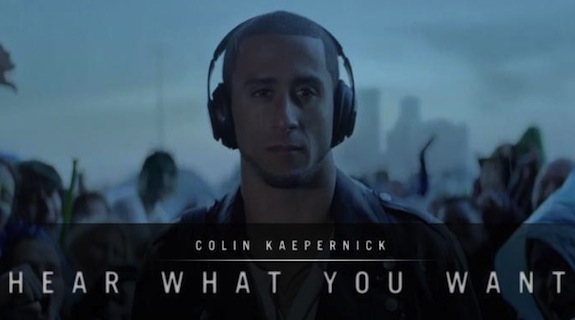
In Kaep’s case that would be silencing the obnoxious bandwagoners that made up the Seahawks fan base a few years ago at the Super Bowl. Once the game starts all that’s in your head is how to beat the other team. What plays should you run? What’s their weak side? How do I score? Then suddenly, nothing. Everything’s blank and bright. The play has stopped and there are people surrounding you as you lay in the grass.

Not remembering anything, you’re carried off the field and told to sit down. Tired, nauseous and with an enormous headache someone keeps asking you a long series of questions. You don’t know the date or what happened or what’s currently going on. Feeling like Dory with “short term remembery loss” you sit there and wait.
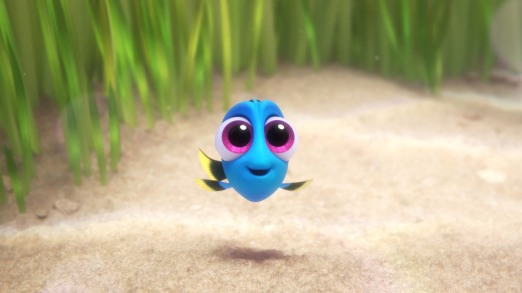
Soon an ambulance comes and you’re hauled off to the hospital where you hopefully get a doctor more along the lines of McDreamy than House because in order for Dr. House to cure you, you have to almost be dead. Plus Derek Shepard was a neurosurgeon so you’re in better hands there.
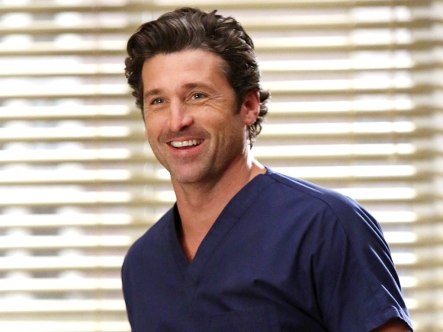
After a series of tests, it’s confirmed that you received a concussion from whatever event that happened during the game that you can’t remember but people keep reminding you occurred.
In 2012 3.8 million concussions were diagnosed due to various sports were reported and many more go undiagnosed (Head Case). With this many reported 4 years ago and numbers steadily increasing concussions become more than a matter of safety and start to become an ethical issue?
Kretchmar states that ethics has “to do with making decisions where right and wrong are at stake” (2005). Based on this definition, we must determine whether playing sports when up to 5% or more high school athletes suffer a concussion each year and up to 50% say they experienced concussion related symptoms in that year (Prevacus). Many would argue that because of these statistics sports all together should be stopped but as we have seen before in history, banning things does not eradicate them. Take prohibition for example, making alcohol illegal didn’t stop people from drinking, selling or making it and the same will happen with sports. Instead of having full stadiums and sports on television, they would become secretive black market affairs. Speak easies would no longer be bar but underground fields and courts.
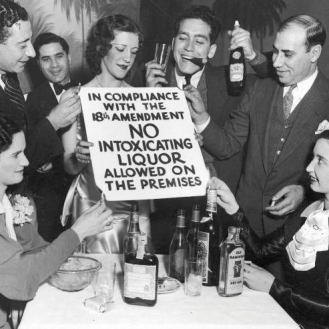
Rather the solution to this issue needs to be an adjustment to not only the rules of sports but also the equipment used and how injuries are treated. The people in charge of sports and those that play sports have both a consequentialist and categorical moral reasoning when it comes to sports. It is officials and players’ responsibility to locate the morality in the consequences of certain rules and eliminate those that do or add new ones to prevent unmoral actions. It is also the official’s responsibility to know the morals that are associated with their role as a referee, game coordinator or sport association employee.

Current sports rules allow for some extremely rough plays such as slide tackling or headers in soccer, various high speed tackles in football and body checking in hockey. Although some may argue that such rules are what makes that sport a sport which is simply wrong. If you inductively reason that a sport is a competition between two teams where both teams are physically active attempting to outperform the other and then when you intuitively reason that if you take out any harmful plays that are currently legal to make the game safer that it is still a sport. The nature of sport is not in how much harm you are allowed to do to the other team (with the exception of boxing) but rather performing better than their opponent. Without the dangerous plays, that sport will still be considered that sport. As I said earlier, boxing was an exception to this rule, while yes, boxing is a sport based on how much harm you can do to the other person, there are still rules that can make it safer. Because like I said I am not trying to eliminate all dangerous sports, we as a society just have an ethical duty to keep sports safe. So, boxing would best change to help prevent concussions by eliminating punches to the head. Even though that greatly reduces someone’s changes of knocking out their opponent to win, the judges are still there to dub whoever is ahead after each round.
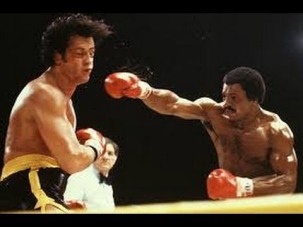
In addition to changing the rules of sports to make them safer, many sports could use more protective gear to help keep athletes safe. Boxers could wear the protective head gear that they wear during practices during games, football players should be required to wear new helmets every year to ensure that they are the safest available and soccer players could be required to wear protective headbands if headers are still allowed. These advances will allow sports to continue but should hopefully reduce the amount of concussions and other injuries athletes receive.
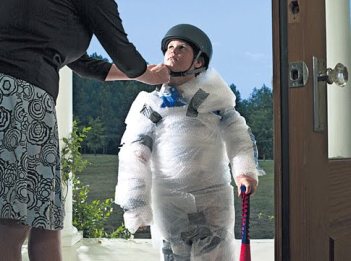
Finally, the way that coaches, referees, athletes and even some doctors or athletic trainers look at and treat injuries needs to be changed. Many coaches believe that their athletes fake injuries or even ignore players’ injuries and force them to play making them worse in the hopes of winning the game. Athletes will try to play through their injuries to help please their coaches or because they want to achieve and win so badly that they are willing to ignore the potentially life long injuries they are bringing onto themselves. Referees should see dangerous calls and punish that player quickly and severely in order to discourage other players from doing those illegal or dangerous plays. Then, finally, some athletic trainers will see mild injuries, mild concussions or even some concussion symptoms and not send the athlete to a doctor for further help but rather try to help them themselves. If an athlete is only showing a few concussion symptoms an athletic trainer may not even recommend that they see a doctor and may only tell them to take it easy at practice. In some cases, athletic trainers will tell athletes to see a doctor and the athlete will not take it upon themselves to actually go to a doctor. If an athlete does make it to a doctor for even mild symptoms some doctors like Dr. Spacemen from 30 Rock may not even send potential concussions patients through proper checkups or to get an MRI to make sure.
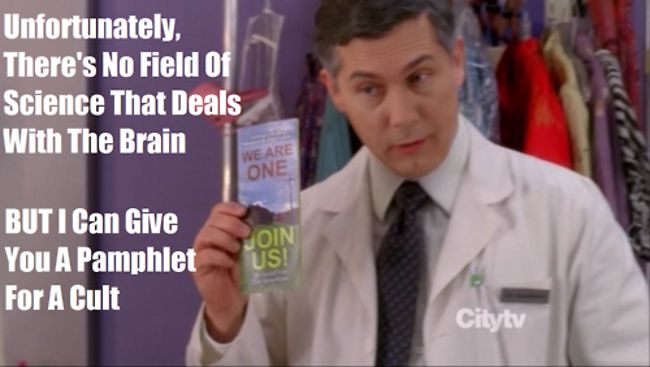
All in all, there are numerous ways to prevent concussions which will make such sports that cause concussions less of an ethical issue and safer. If a society encourages people to go out and perform while injured or encourages people to participate in sports that lead to lifelong injuries due to a lack of rules toward athletes’ safety, a lack of proper equipment or a lack of knowledge on anyone’s part. All it takes is letting people know about the dangers and the proper ways to fix that problem. Then since everyone has taken that as their moral responsibility to remain safe and to help others remain safe, the dangers of concussions in sports will no longer be such a major ethical issue in society.
References:
“Head Case – Complete Concussion Managements.” Stats on Concussions & Sports –. Head Case, 2013. Web. 01 July 2016.
Kretchmar, R. Scott, and R. Scott Kretchmar. Practical Philosophy of Sport and Physical Activity. Champaign, IL: Human Kinetics, 2005. Print.
“Statistics – Prevacus.” Prevacus. Prevacus, n.d. Web. 01 July 2016.

Leave a comment